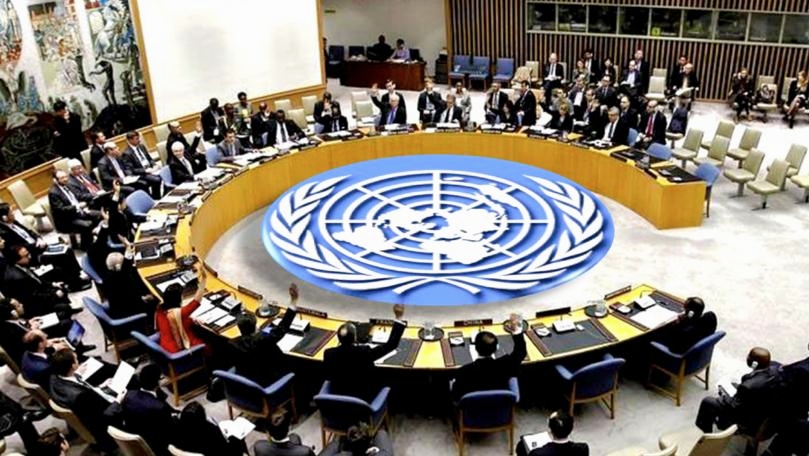The International Security Council is holding an emergency closed session today, Friday, to discuss the dangerous military escalation between Thailand and Cambodia, which has witnessed intense exchanges of shelling and airstrikes on border areas, amid fears of the conflict expanding into an open confrontation between the two neighbors.
According to diplomatic sources cited by the French Press Agency, the session will be held at the official request of Cambodian Prime Minister Hun Sen, starting at 3 p.m. New York time.
The meeting comes in the wake of an unprecedented escalation, where the Thai Air Force launched concentrated airstrikes on military sites inside Cambodia in response to artillery and missile shelling by the latter targeting border areas in the Thai Surin province, resulting in the death of at least 11 people, as announced by the authorities in Bangkok.
Images circulated showed the extent of the damage caused by the Cambodian shelling, as Vanum Dong Rak Hospital was severely damaged due to artillery shellings, causing panic among medical staff and patients.
The escalating tensions trace back to a long-standing border dispute in the area known as the "Emerald Triangle," where the borders of Thailand, Cambodia, and Laos intersect.
A previous clash in May resulted in the death of a Cambodian soldier, but it did not reach the level of escalation witnessed this week.
In the early hours of yesterday, Thursday, tensions peaked when a serious armed clash erupted near two ancient temples from the Angkor period (9th-15th centuries) on the border between Thailand's Surin province and Cambodia's Oddar Meanchey province, in a development signaling a potential regional crisis.
Both the Thai army and the Cambodian Ministry of Defense exchanged accusations regarding the party that initiated the gunfire, further complicating the diplomatic situation and making rapid de-escalation prospects more challenging.
Observers confirm that the border tensions, which have been escalating over weeks of skirmishes and provocations, are negatively impacting the economic and humanitarian situations in the affected areas, with hundreds of residents fleeing border villages out of fear of the conflict worsening.

